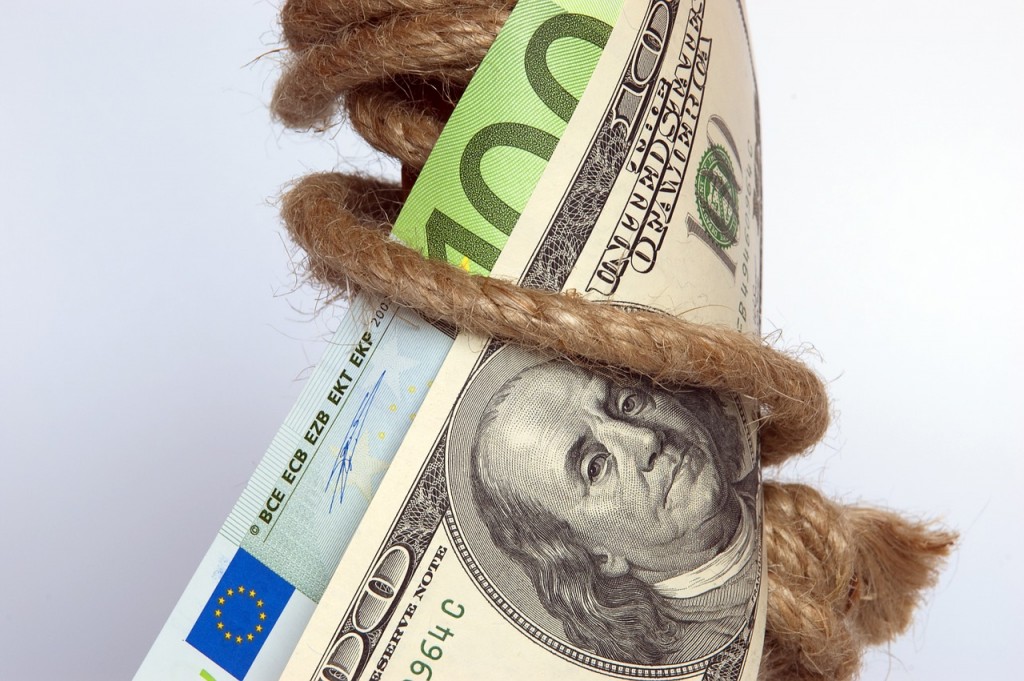A habit is defined as a settled tendency or a usual manner of behavior. Whether you take daily morning walks or sip a cup of coffee at noon, your habits become nearly or completely involuntary as time passes.
The key to developing healthy habits that float well with your finances is moderation. If you are indulging too often on a habit, cutting back may save you money and protect your health. Below are just some of the habits that can drain your wallet.
SMOKING CIGARETTES
Smoking raises your risks of serious health problems such as stroke, heart disease, emphysema, and cancer. According to the Centers for Disease Control and Prevention, smoking cigarettes harms nearly every organ of one’s body. Take care of your health by reducing or eliminating your smoking habit.
Let us start with the average cost of a cigarette. Last year, the average retail price for a 20-stick pack of cigarettes in Singapore was at S$13.08. A pack-a-day habit will run you about S$4774.02 a year. Imagine the amount of money you can save or invest in a span of 12 months!
Quitting smoking cancels out the costs for your finances and your health. However, it is easier said than done. There are several ways to quit smoking such as Cold Turkey and Cognitive Behavioral Therapy. Cold Turkey entails that you stop all at once. According to WebMD, about 90% of smokers who try to quit choose this method. Unfortunately, many of them do not succeed. Using this method may put your body into a state of nicotine withdrawal. Let us focus on the other method. The Cognitive Behavioral Therapy (CBT) uses the power of your thoughts, feelings, and mental processing in order to reduce your smoking habit. This works best with people who are open to counselling and psychotherapy.
EATING OUT DAILY
Eating out regularly, especially indulging on fast food, is not the healthiest habit out there. It is simply hard to resist! This is due to the convenience and familiarity attached to fast food chains and restaurants. After an exhausting day at work, we just want to relax at home and not spend more time for cooking dinner. It is a lot easier to order a box of pizza or a bowl of ramen with a few taps on an app!
Despite the great deals that fast food chains offer, eating out is more expensive than cooking your own food. A five-dollar meal may not seem expensive, but the costs add up. If you eat out on a daily basis, you can consume about S$35 to S$100 in a week. Reduce your spending by planning your meals ahead of time and preparing on-the-go snacks (e.g., sliced apples or fruit-filled yogurts).
DRINKING ARTISAN COFFEE
Consumed on a daily basis, artisan and gourmet coffees can get expensive. For many people, drinking a cup of joe in the morning seems like second-nature. They wake up and smell coffee. I have several friends who cannot function properly in the morning without having their cup of coffee. And it is not just the smell that wakes them up. It is the caffeine.
It may seem relatively cheap to spend a few bucks a day at a local coffee shop. However, you must consider all the money that you could have saved if you brewed your own coffee at home.
REGULAR GROCERY SHOPPING
Some people have a habit of shopping for groceries on a daily basis. A good way to ensure that you stick to your grocery budget is to restrict yourself to one grocery trip per week. Frequent trips to the grocery store throughout the week can make you tempted to buy more than what you need. Making a routine of hitting up the grocery whenever you forget something indicates that you do not have a proper grasp of your consumption. It is best to plan ahead!
Avoid grocery shopping when you are hungry or when you have an ample amount of time to spare. People are more susceptible to purchasing additional items when they are hungry or when they go for leisurely shopping. These unnecessary items usually go to waste.
CONSUMING ENERGY DRINKS
People who have a tendency to purchase a bottle of energy drink everyday may develop a tolerance towards it. Chances are, you will need to drink more than a bottle per day to keep you buzzed all throughout. That can cost you more than .50 cents a day. Is it time for you to kick out your energy drink habit?

Image Credits: pixabay.com
If you need the energy drink to keep you active throughout the day in compensation of sleep deprivation then, you need to alter your sleeping habits. You will not feel exhausted at work with a full cycle of sleep. If fatigue persists, you may consult a doctor.










